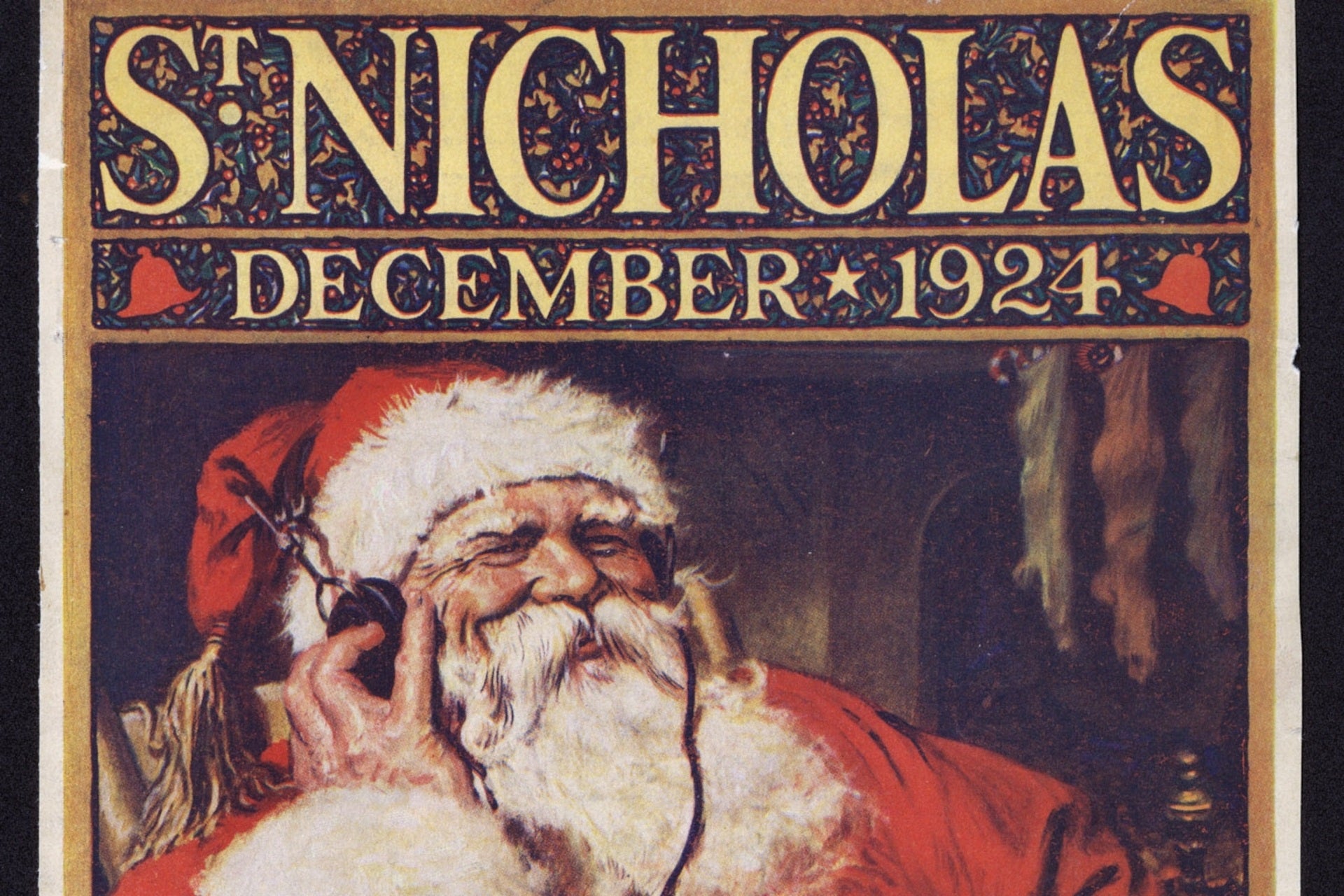
Why Is It Called Christmas? Where Did the Name Come From
Across the globe, billions of individuals commemorate Christmas annually, each with their own unique customs and traditions. Interestingly, although the holiday is celebrated under various names in different countries, the origin of the term "Christmas" itself warrants exploration.
The word we employ today to refer to this joyous occasion is relatively recent. Rooted in Christian tradition, Christmas commemorates the birth of the baby Jesus in Bethlehem to Joseph and the Virgin Mary. According to the Encyclopedia Britannica, the English term "Christmas" originates from the fusion of two words: "mass" and "Christ."

The word "Christ" finds its roots in the Greek term "Christos," which, in turn, derives from the Hebrew language, signifying "Messiah." In Judaism, the Messiah holds a significant role as the anticipated king who is destined to deliver the Jewish nation, as elucidated by Britannica.
Nevertheless, numerous other designations have been employed to refer to the holiday. Prior to the adoption of "Christmas," the term "Yule" was commonly used, as documented by Britannica. This term likely originated from the feast held during the winter solstice, which is distinct from the birth of Jesus. Instead, it has its origins deeply intertwined with Pagan traditions surrounding the celebration of the winter solstice. Falling on December 21 each year in the Northern Hemisphere, the solstice is renowned as the day with the shortest duration of sunlight and consequently the longest night.
Maybe you like: Find out everything about the history of Christmas
Following the longest night of the year, those who observed Yule would celebrate the return of the sun on the subsequent morning. Even today, at Stonehenge in England, individuals gather each year to greet the rising sun on the morning following the winter solstice, perpetuating this time-honored tradition.
In various languages, there exist terms for Christmas that maintain a connection to the birth of Jesus. For instance, the word "Navidad" is believed to be linked to "nativity," while "Natale" also shares a similar etymology.
Over time, Christmas has evolved beyond its religious roots, and today it is celebrated by many individuals who do not identify as Christians. In addition to its religious origins, the holiday has incorporated the central figures of Santa Claus and the tradition of gift-giving.
The exchange of gifts during Christmas is often associated with the iconic figure known as Santa Claus, whose origins can be traced back to the stories of Saint Nicholas. St. Nicholas Day, celebrated in Europe and various other countries, takes place in early December. The incorporation of St. Nick, or Santa Claus, into the Christmas celebration was a gradual process. Tales of the gifts bestowed by St. Nicholas circulated as early as the 1200s, gradually establishing his association with gift-giving. Eventually, this evolved into the image of Santa Claus in the Netherlands, a tradition that was brought to the Americas by the early settlers as they made their way to the new land.



